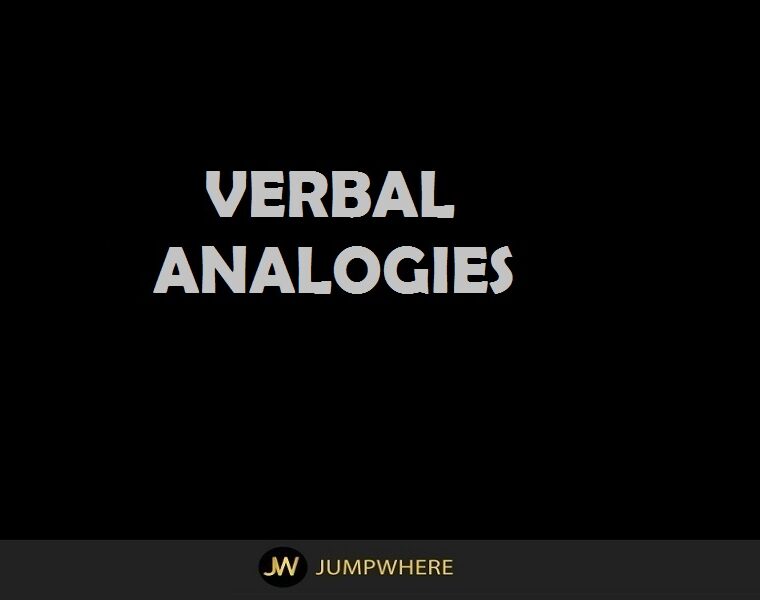Instruction:
Each question consist of two words which have a certain relationship to each other followed by four pairs of related words, Select the pair which has the same relationship.
Click on start to start taking the test.
Click on the option (A, B, C or D) to figure out the right answer.
You can answer multiple times till you get the right answer.
Once you get the right answer, explanations (if any) for the same will be showcased down.
On click of list, you get to see total no of questions, no of questions you answered and no of questions pending to answer.
On click of question number you will go to that particular question.
On click of END your test will end.
On click of ‘Get Results’ you will get to see correct answer for each questions.
Verbal Analogies – Question and Answers
(A) {The related antonym relationship is;reticent: talkative :: abstemious : devour}
You cannot say that wood is made up of splinters, or pottery is made up of shards.) (D)
Stutter (meaning a speech impediment) is a defect in speech, astigmatism (meaning a visual defect) is a defect in sight. (C)


